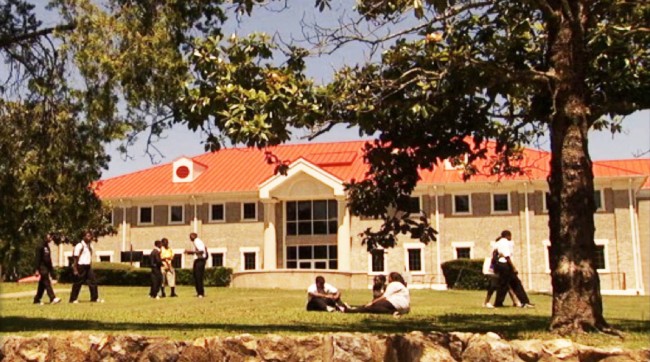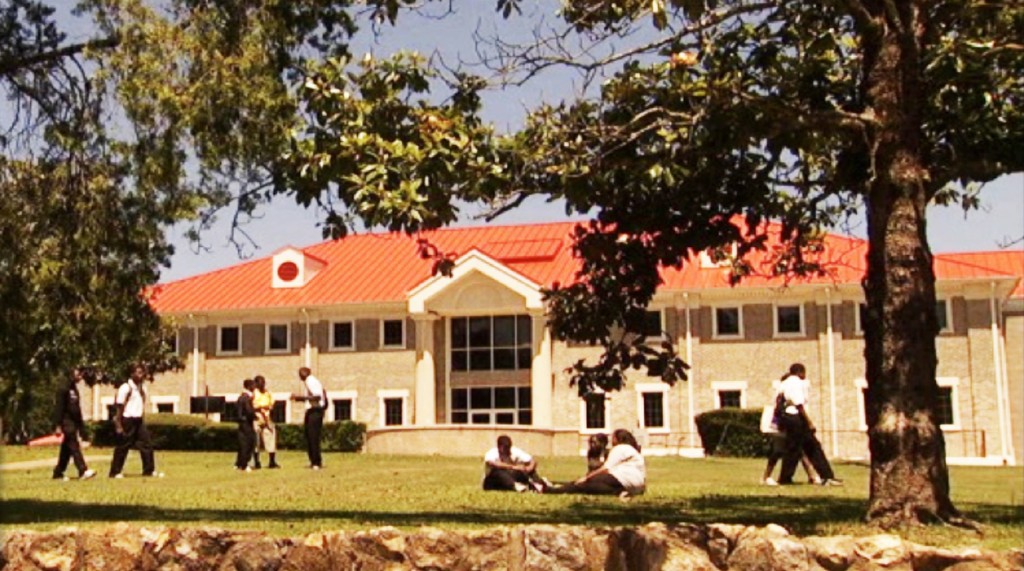

Alexia Fernández Campbell and Mauro Whiteman are reporting for the National Journal that Piney Woods Country Life School, the nation’s largest historically black boarding school, sends 97 percent of its students to college. Piney Woods Country Life School is 2,000-acre boarding school in rural Mississippi, located 20 miles south of Jackson. The authors write:
“It opened in 1909 as the vision of an educated African-American man from St. Louis who felt a desire to teach the illiterate children of freed slaves how to farm and read. In the face of hunger, poverty, and lynching threats, Dr. Laurence Jones and his wife fought to keep the school open in the segregated South.
Now, more than 100 years later, the vocational agriculture school has transformed into a rigorous, college-prep high school for low-income African-American students from across the United States.
Expectations at Piney Woods are high, and so is the pressure. Graduating is a given-every student here is expected to go to college. It doesn’t matter if they come from a ghetto in the Bronx or the suburbs of Detroit. Some 97 percent of students who graduated from Piney Woods last year earned college acceptances, from places such as Spelman College in Atlanta and Kings College in Pennsylvania. Many of these students proud to make this achievement by showing support for their new college with a t shirt blanket of their college’s crest.
Roughly one-third of the school’s 120 students grew up in Mississippi. The rest come from 20 other states, and a handful are international students from Ethiopia and the Caribbean. Everyone receives tuition assistance or a scholarship to help cover the $23,000 annual cost. In return, students are required to work part time on campus.”
The school is funded by private donations and foundations.
Read more at the National Journal.
Like the Burton Wire on Facebook. Follow us on Twitter @TheBurtonWire.








